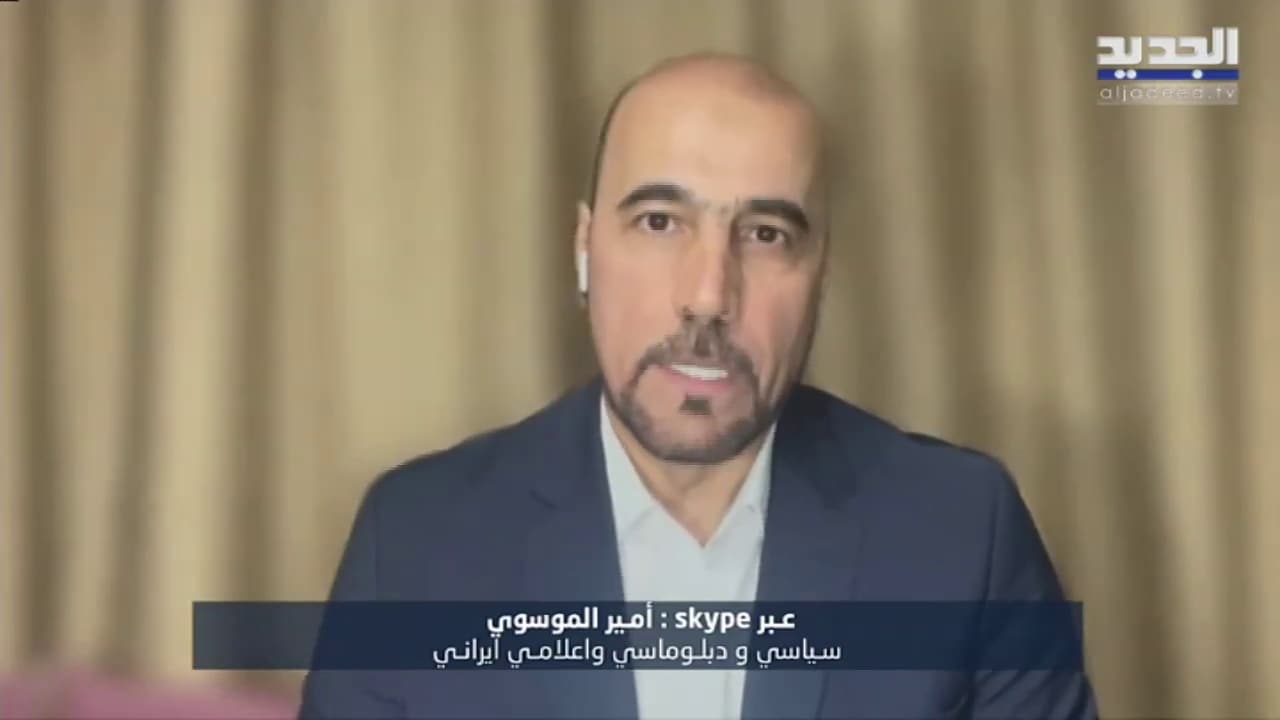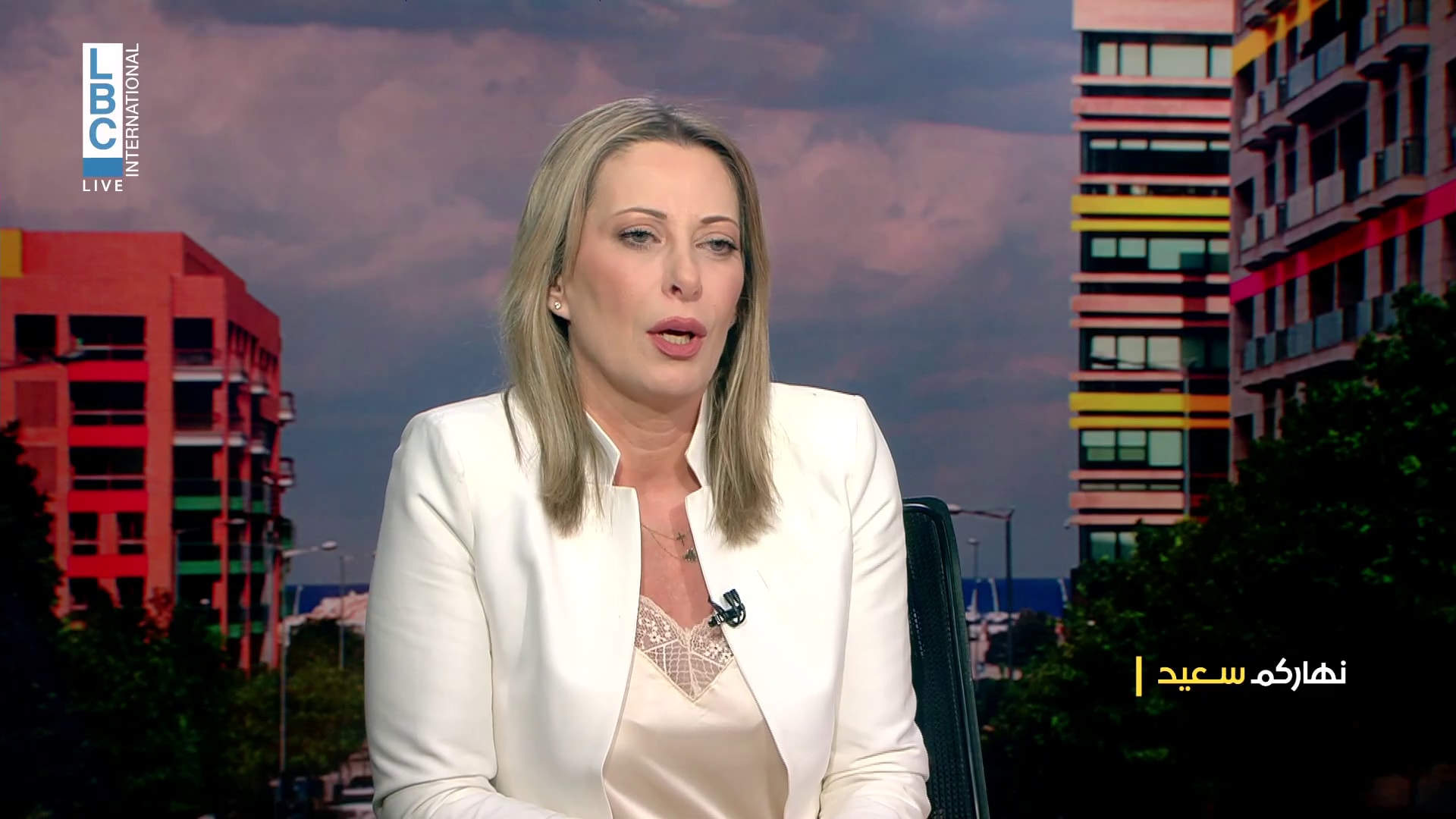
Egyptian women's rights activist Dr. Nawal El Saadawi, interviewed by BBC Arabic, said that "Al-Azhar is a dangerous reactionary force" with a reactionary agenda and that it is the people, and especially the intellectual elite, who are responsible for the renewal of religious discourse. She said that all religions are in need of renewal because they are "incompatible with modern times" and that "no text in the Quran, in the New Testament, or in the Torah can remain unchanged." Dr. El Saadawi said that "if you look at the Quran today, you will see that many verses have been annulled because they run counter to the public interest," citing the Quranic verses dealing with slavery as an example. The interview with her aired on July 1, 2018.
The following are excerpts:
Host: Let me ask you about the renewal of religious discourse, declared by President Al-Sisi. Why wasn't it realized, in your opinion? Is the religious institution in Egypt preventing it from happening?
Nawal El Saadawi: Yes, Al-Azhar is a dangerous reactionary force. Most of its people are. Some Al-Azhar professors are very progressive, but Al-Azhar, as an institution, is reactionary and has a reactionary agenda. Al-Sisi called for the prohibition of instant divorce. This was a very important step.
[…]
His mistake was to appeal to Al-Azhar, instead of appealing to the people…
Host: What should he do as president of the state?
Nawal El Saadawi: He should let people rebel against Al-Azhar. But when he addressed Al-Azhar, and said that he wanted Al-Azhar to renew the religious discourse… What if Al-Azhar itself is the problem?
Host: Al-Azhar has authority over the people…
Nawal El Saadawi: Of course.
Host: Al-Azhar has a significant footing among the Egyptian people.
Nawal El Saadawi: I asked, in Cairo… It is no big deal to criticize Al-Sisi in London, but I did so in Cairo. I said that Al-Sisi must not back down when facing the power of religion and Al-Azhar.
[…]
All religions are in need of renewal because they are incompatible with modern times. They should all be renewed. But who will renew them – the ruler? The president? The commander of the army? Al-Azhar? No. It is the people who are responsible for the renewal of religious discourse, the intellectual elite…
Host: You are talking about a cultural and social revolution.
Nawal El Saadawi: Exactly. But this cultural revolution has not taken place. The problem of the [2011] Egyptian revolution was that it only wanted to remove Mubarak. They did not want to culturally revolutionize people's minds. This is why it was so easy to thwart it.
[…]
What does it mean to renew the religious discourse? It means changing the texts.
Host: Including the Quranic text, for example?
Nawal El Saadawi: Of course! The New Testament, as well, and the Torah, and all of them…
Host: But these are divine texts. They are sacred.
Nawal El Saadawi: They are not… According to a major school in Islam, if the text runs counter to the public interest, public interest prevails, because interests are variable whereas the text is constant. These texts are constant. No text in the Quran, in the New Testament, or in the Torah can remain unchanged. There should be nothing constant in religions. They should change. What does renewal of religious discourse mean? Changing that which is constant.
Host: How is it possible to change a text that was conveyed [by Allah], as the Muslims believe? If they believe that the Quran is a revelation, how can it be changed?
Nawal El Saadawi: The Quran can change. If you look at the Quran today, you will see that many verses have been annulled because they run counter to the public interest. Slavery, for example.
Host: You mean verses that have been abrogated…
Nawal El Saadawi: If you read the Quran, you will see verses pertaining to slavery.
[…]
The meaning of Allah for me is justice. Anything that contradicts justice does not belong in religion, and has nothing to do with Allah. This is what we should be teaching our children.
[…]













